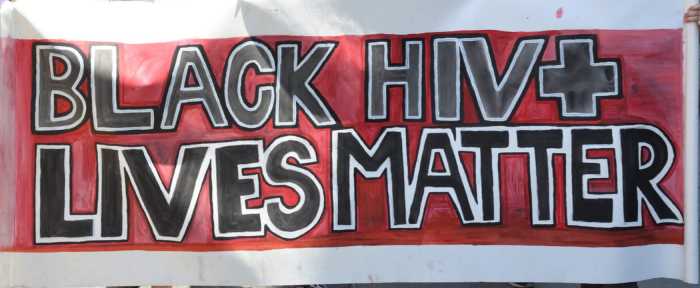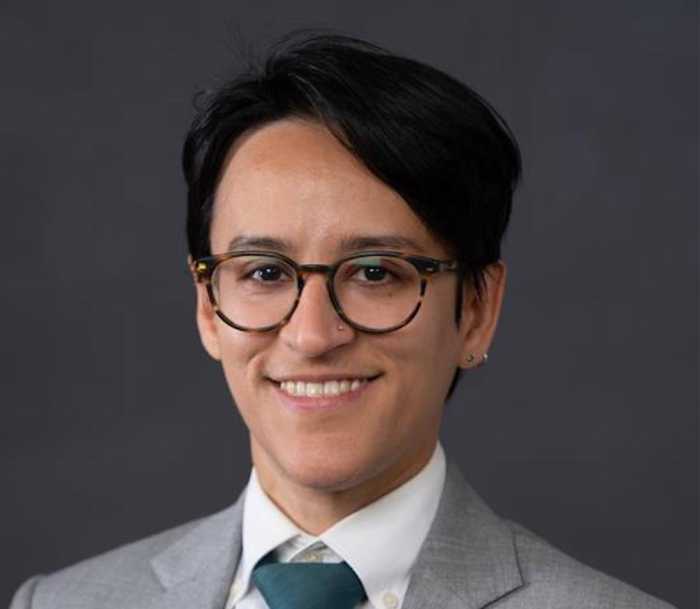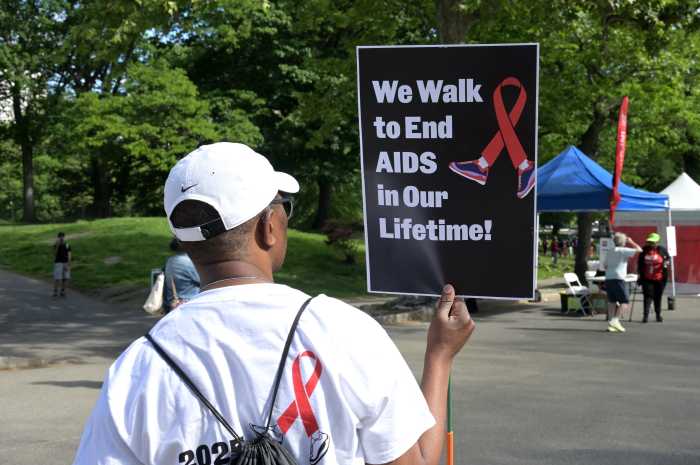Free Speech Week, which runs from October 21 through the 27, is a time to reflect on the fundamental right to expression and access to information. This year, it’s crucial to recognize the looming threat posed by the Kids Online Safety Act, which passed the US Senate this summer. Although framed as a measure to protect children online, this bill represents a grave danger to free speech, especially for vulnerable groups like LGBTQ+ youth. In practice, this bill will not lead to protection — it will be government-sanctioned erasure.
Last year, over 500 anti-LGBTQ+ bills were introduced across the country, with many specifically targeting trans youth. We’ve seen efforts to ban books that deal with LGBTQ+ issues and to restrict access to gender-affirming care. KOSA would add a digital layer to these repressive measures, forcing online platforms to preemptively remove content that could be considered “harmful” under the broadest interpretations of the law. Imagine LGBTQ+ children searching for information about their identities and healthcare, only to be blocked from finding any support.
Indeed, KOSA’s “duty of care” provision would supercharge efforts to censor discussions around reproductive rights, gender identity, and sexual orientation. This provision would pressure online platforms to filter or block content deemed “harmful” to minors. Such a vague mandate would lead to over-censorship, silencing crucial discussions around queer health, identity, and resources at a time when these conversations are more needed than ever.
It will give lawmakers with dangerous agendas exactly what they want: a framework to further restrict speech. Senator Marsha Blackburn, a key Republican sponsor of KOSA, has explicitly stated that the bill will be used to deplatform transgender content. This should alarm everyone. The bill would empower the Federal Trade Commission to force platforms to censor subjective categories of content, and we must consider how that power could be weaponized by future administrations. KOSA potentially offers extremists the tools to silence any voices they find inconvenient. Even if courts step in to block the worst abuses, many platforms, particularly smaller ones, will lack the resources to fight these cases.
Free speech is not just about words on a page or posts online — it’s about access to information, the ability to explore ideas, and the freedom to express one’s identity, values, and political perspectives. When we silence voices, we silence the rights that define our democracy. In Florida, Governor Ron DeSantis has already threatened pro-choice advocates with fines for airing ads. If KOSA becomes law, we can expect additional threats and censorship online, targeting anyone whose speech falls outside the ruling party’s prevailing narrative. Only state-approved narratives are safe from scrutiny.
Congress must reject KOSA and instead prioritize a comprehensive national data privacy law. Strengthening data privacy for all will keep our young people and our civil liberties safer in the long run. Free speech, especially for the most marginalized among us, cannot survive in a climate of fear and censorship. Congress must not allow KOSA to become the ammunition for further attacks on our rights.
Amanda Babine is executive director at Equality New York, a grassroots advocacy organization focused on advancing equality and justice for all LGBTQI+ New Yorkers and their families. Jared Trujillo is Equality New York’s policy and law counsel.



































